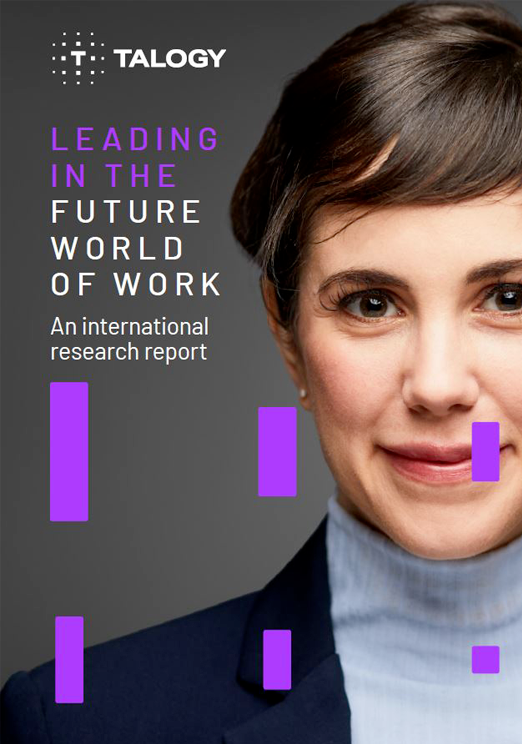We need a word for when virtually everyone recognizes a better way to do something but keeps doing it the same old way anyhow. That word would come in handy when we talk about hiring practices.
“Experience Diversity”—i.e., what you get when you build a team of people from different industries and backgrounds—is a major key to innovation in business, yet companies continue to overemphasize industry tenure when evaluating applicants. And many managers still prefer to hire in their own images, even if the decision-making process behind this tendency is subconscious.
Since the eyes of the world are currently trained on the Rio Olympic Games, let’s use them as an example of experience diversity at work. Of course, the big stars of the games like Michael Phelps, Usain Bolt, and Simone Biles win because they are the best in the world at what they do. But the best in the world can’t do everything themselves; they also participate in replays and team events. In gymnastics, the U.S. women won gold in the team event partly because each gymnast took on the apparatus at which she excels above all others.
The same thing happens in offices, at productions facilities, and in the field: top managers bring in people with diverse skill sets, and new ideas emerge that could not have come from a group of homogenous thinkers.
If someone said, “Go out and build a gold-medal winning volleyball team,” one might be tempted to look for the tallest, leanest, highest-jumping athletes around. Imagine the spikes and the serving aces! But it turns out that the taller volleyball players aren’t often as skilled at setting, digging, and general ball handling. Those aspects of the game might be less glamorous, but they are equally necessary for victory, and sub-six-footers are usually better at performing them. In the same way, sales support team members should have different dynamics from field reps. That is, what makes a good sales hunter isn’t always what makes a good account manager.
When you think of an Olympic athlete, you are likely to picture someone like Allyson Felix: lean yet muscular, with slender, graceful limbs ideal for speed. No wonder, she is now the most decorated female track-and-field athlete in U.S. Olympic history.
Now think of a nation’s entire Olympic contingent as a company. If you cloned Allyson Felix, you’d probably win more medals in women’s sprinting, but, ultimately, you’d lack the diversity to win far more medals across the board. Michelle Carter, gold medalist in women’s shot put, has a dramatically different body type from her track-and-field teammate Felix, but you can bet she’ll toss a nine-pound ball quite a bit farther. U.S. Olympian Sara Robles is unlikely to set any world records in sprinting either, but she did earn a bronze medal in weightlifting. Her clinching lift was 160 Kg. That’s about 3 Allyson Felixes. In other words, champion athletes come in all shapes and sizes, just as high-potential employees can come from different industries and backgrounds.
Let this be a cautionary metaphor for hiring managers who are convinced the best possible team is made up of personal carbon copies.

